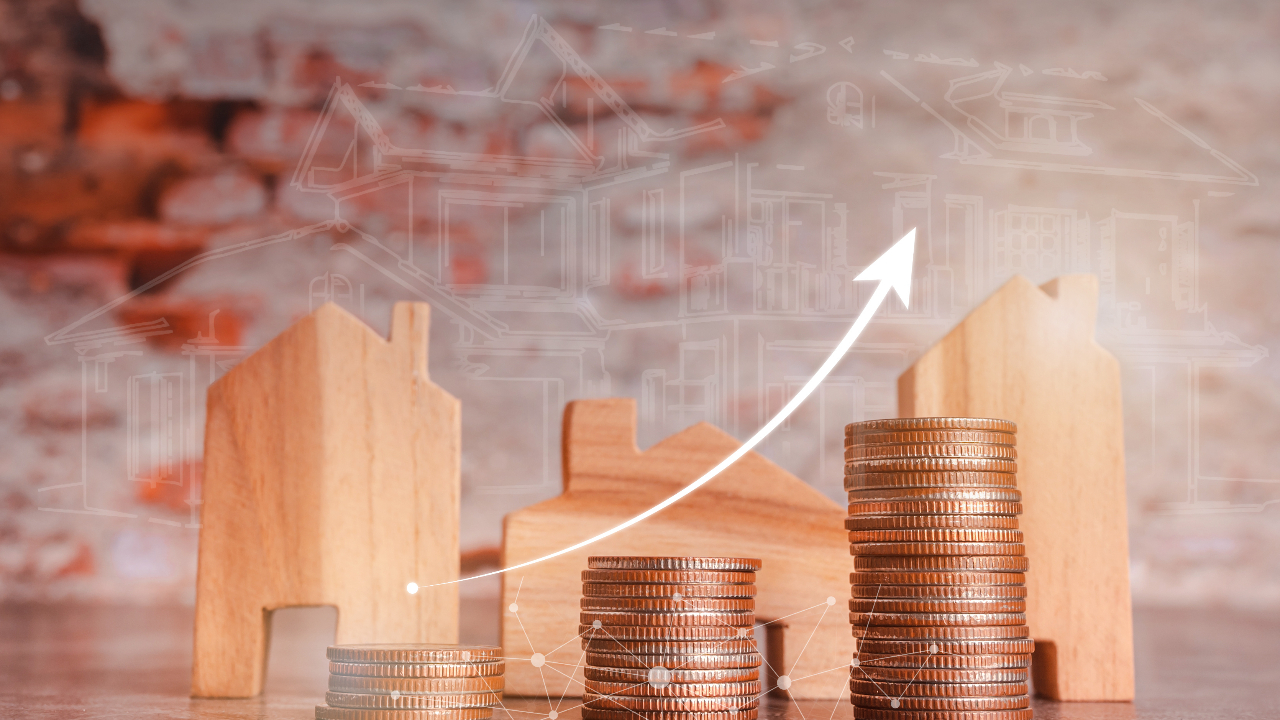The Real Estate Edge
The asset class has historically been safer and more stable than other investment types. Here’s why.
Andrew Carnegie once said, “Ninety percent of all millionaires become so through owning real estate.” There’s no way to know if that statement was accurate—then or now—but the underlying point remains true: real estate generates wealth. That’s because unlike stocks or bonds, real estate is inherently valuable. Think about it: everyone always needs shelter, no matter what the markets are doing, and need creates demand, which provides real estate with its inherent value.
Real estate also benefits from being a limited resource. There are only so many places to build and so many buildings a city can accommodate. The scarcer a plot of land or a multi-family housing unit in a rapidly developing community is, the more it’s worth.
What is commercial real estate?
If you’re looking for an investment with a stable and predictable history, look no further than commercial real estate. In fact, for the past 25 years, commercial real estate, which is defined as properties with the potential to generate profit through capital gains or rental income, has outperformed the S&P 500, with annualized returns of 10.3% and 9.6%, respectively.
Commercial real estate contains a range of investment types, including residential properties like multi-family rental units and assisted living facilities for seniors; industrial warehouses for e-commerce operators or manufacturers; retail centers like strip malls, restaurants, and grocery stores; and a wide variety of offices, from corporate business parks and medical buildings to coworking spaces.
Real Estate Market vs. the Stock Market
The inherent value and scarcity of real estate make it a relatively stable investment. Unlike the stock market, which is volatile and subject to the emotional whims of traders, buyers, and sellers, real estate is a tangible asset that tends to appreciate over time, particularly if the assets are held for long periods. When managed properly, real estate holdings can offer a steady and predictable rate of return that helps investors build long-term wealth.
It can also act as a strong hedge against inflation, which is particularly relevant given the current economic conditions. Inflation hit 9.1 percent in June, the highest it’s been since 1981. Property owners with short-term holdings like apartments, self-storage units, and modular housing communities can raise rents to match inflation and stave off losses for investors; and since more people rent than buy during periods of high inflation, commercial real estate holdings like multi-family units can actually outperform the stock market and generate returns up to twenty percent.
What if the real estate market crashes?
None of this is to say that markets don’t crash. History has shown us they do. But crashes pass and markets bounce back—especially real estate. The 2008 housing crisis, though terrible, was temporary. The market rebounded by 2012 , and home values soared to new heights up through the 2020s. Even if the current high interest rates cause a dip in the housing market, we know from history that the losses won’t last forever.
Plus, there are multiple ways to access stable investments via commercial real estate and mitigate risks associated with a particular category. For instance, while office buildings lost value during Covid-19 due to shelter-in-place orders, demand for industrial warehouses skyrocketed. Vacancy rates for industrial properties dropped to an all-time low in 2021 while prices hit an all-time high. A diverse portfolio with investments across multiple asset types should help stave off category-specific losses.
If you’re worried about the housing market crashing or a potential recession, you’ll be relieved to know that similar to lower-yield investments like bonds and money-market funds, some commercial real estate investments can act as a safe haven during an economic downturn. Need-based assets like assisted-living facilities and medical offices are considered highly secure and recession-resistant because demand for them doesn’t decrease during economic downturns. Considering that the amount of retirees in America is projected to more than double by 2040, likely leading to a boom in demand, now might be the exact right time to invest in real estate, recession or not.
Commercial real estate investing doesn’t have to be complicated. With Connect Invest, you can directly invest in the real estate market by funding residential and commercial projects throughout their acquisition, development and construction phases. In doing so, you can earn annualized rates of return up to 9.0% on your investment. The best part is, it’s fixed income so you’ll earn monthly interest payments until you reach your investment maturity date, then your principal amount will be returned to you. Investing in real estate projects is a great way to earn passive income, and diversify a portfolio with stable investments that generate real returns on a monthly basis. Create an account today and get connected to investments that will help you reach your financial goals.

